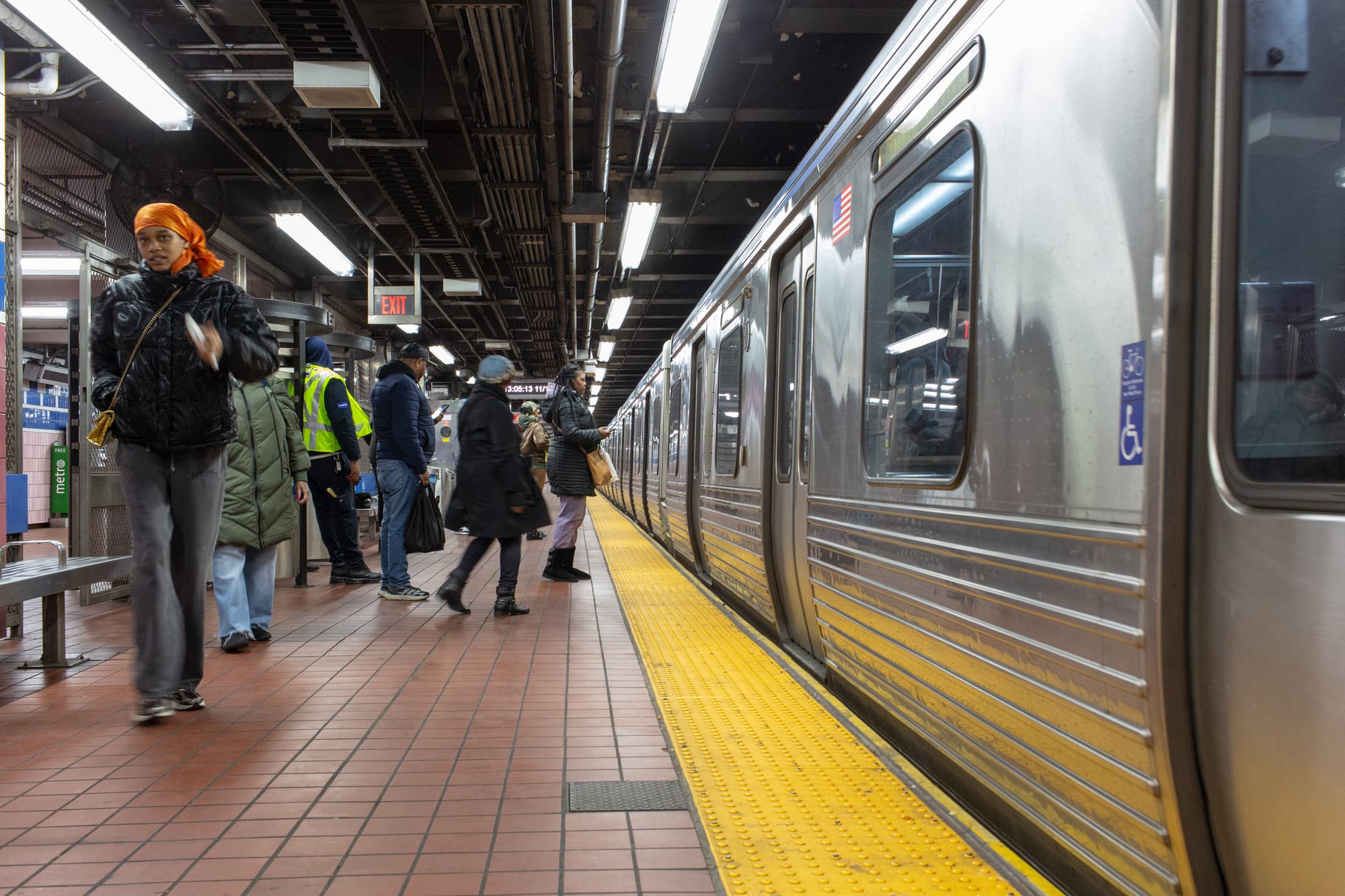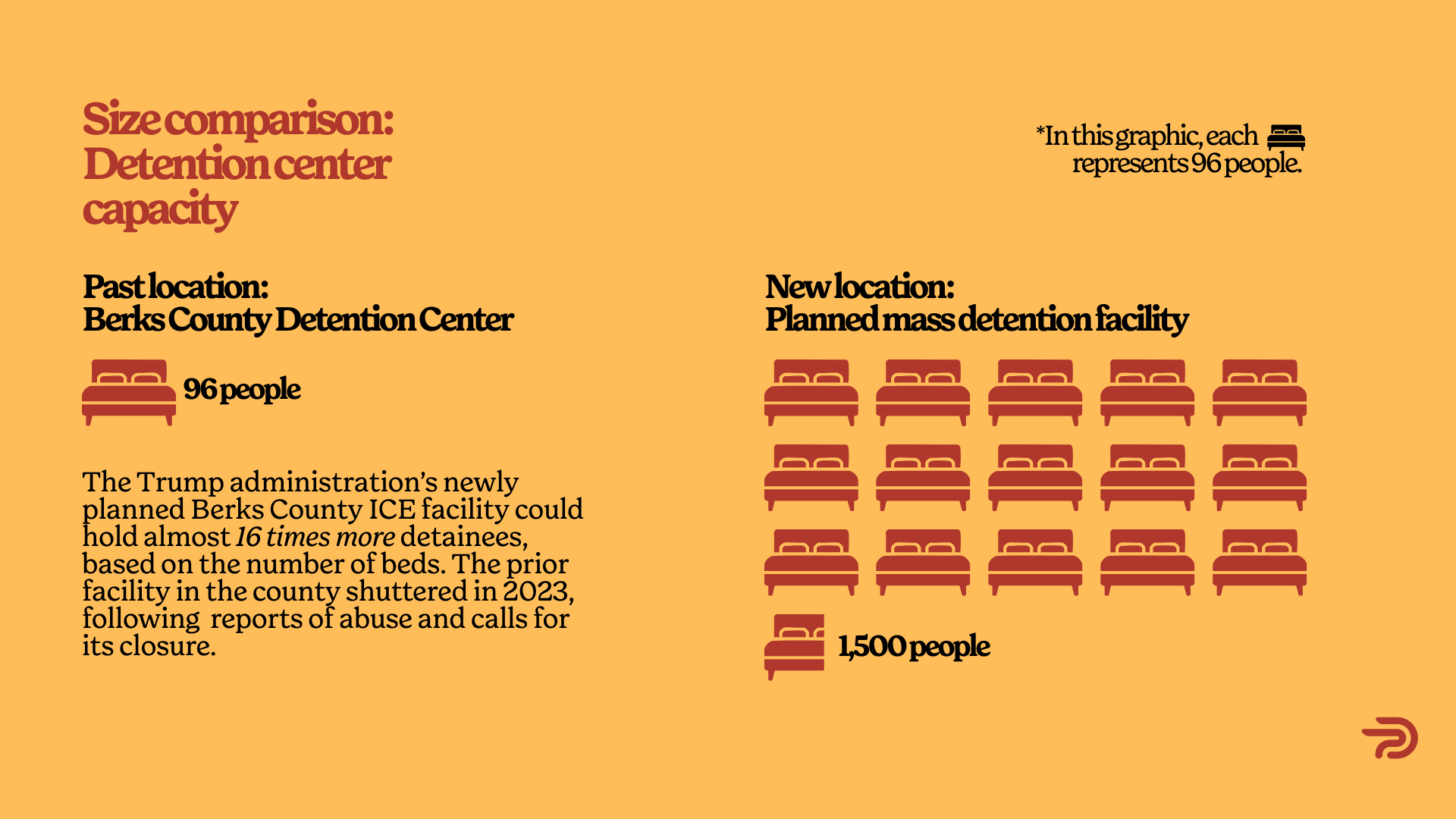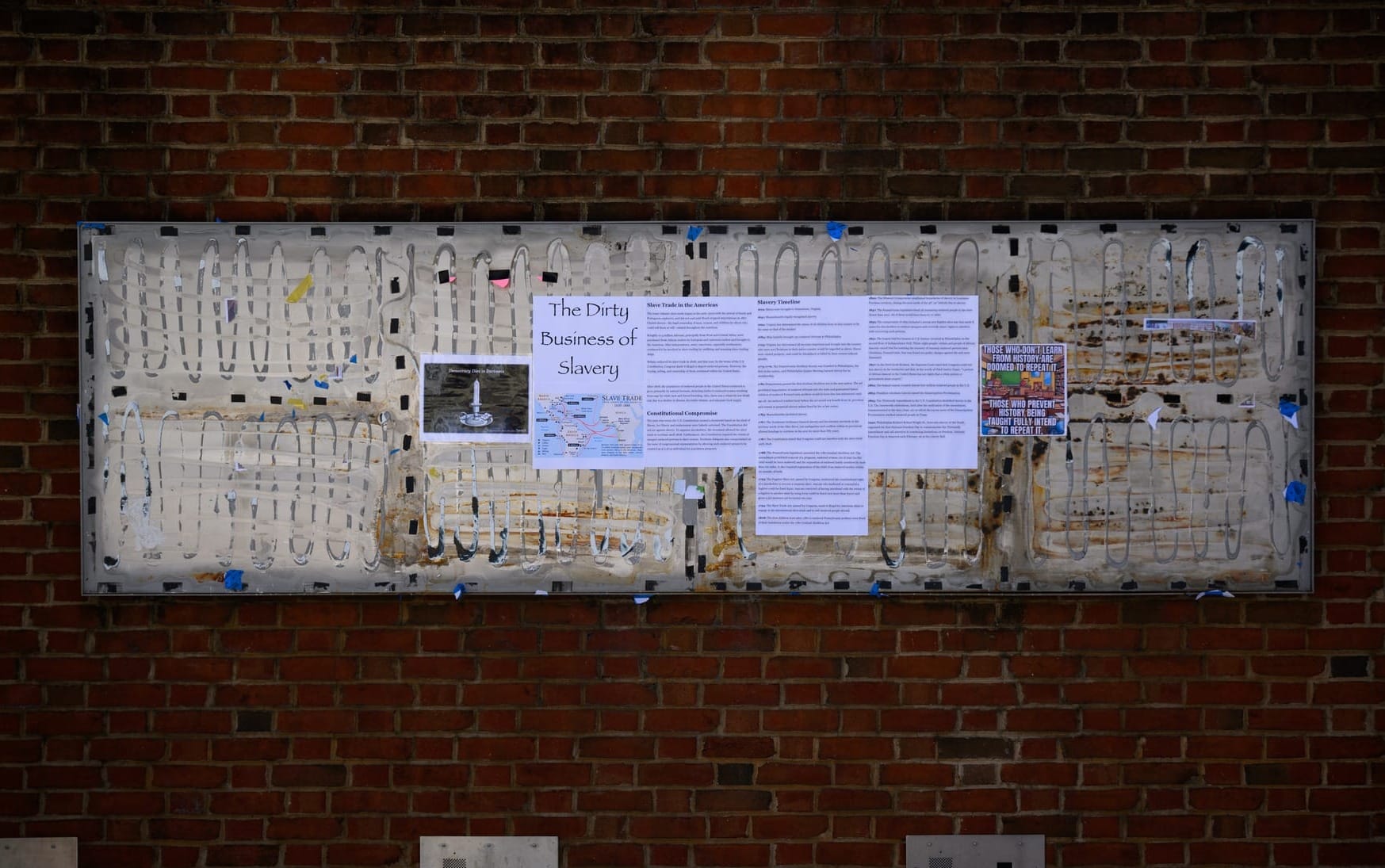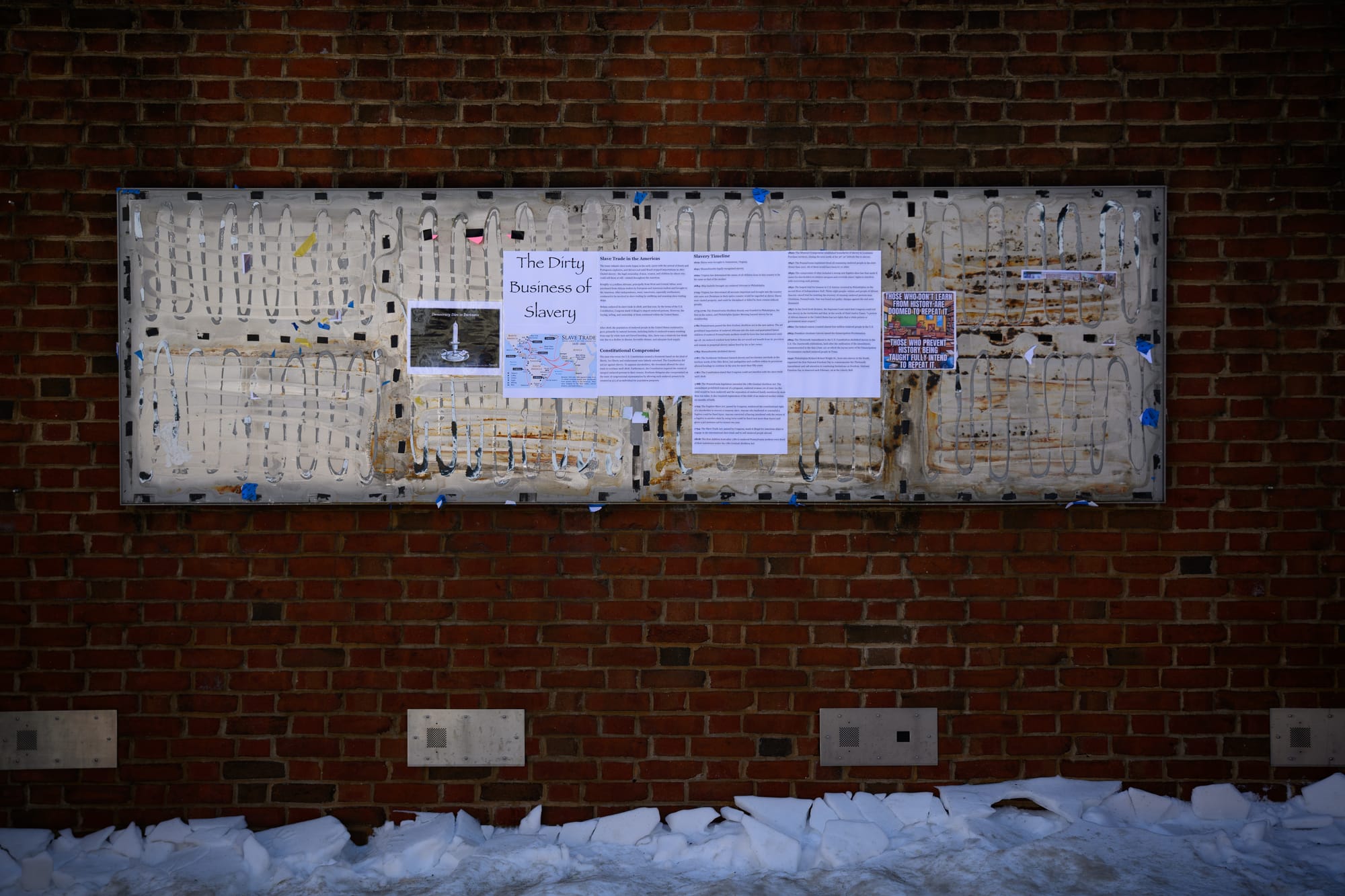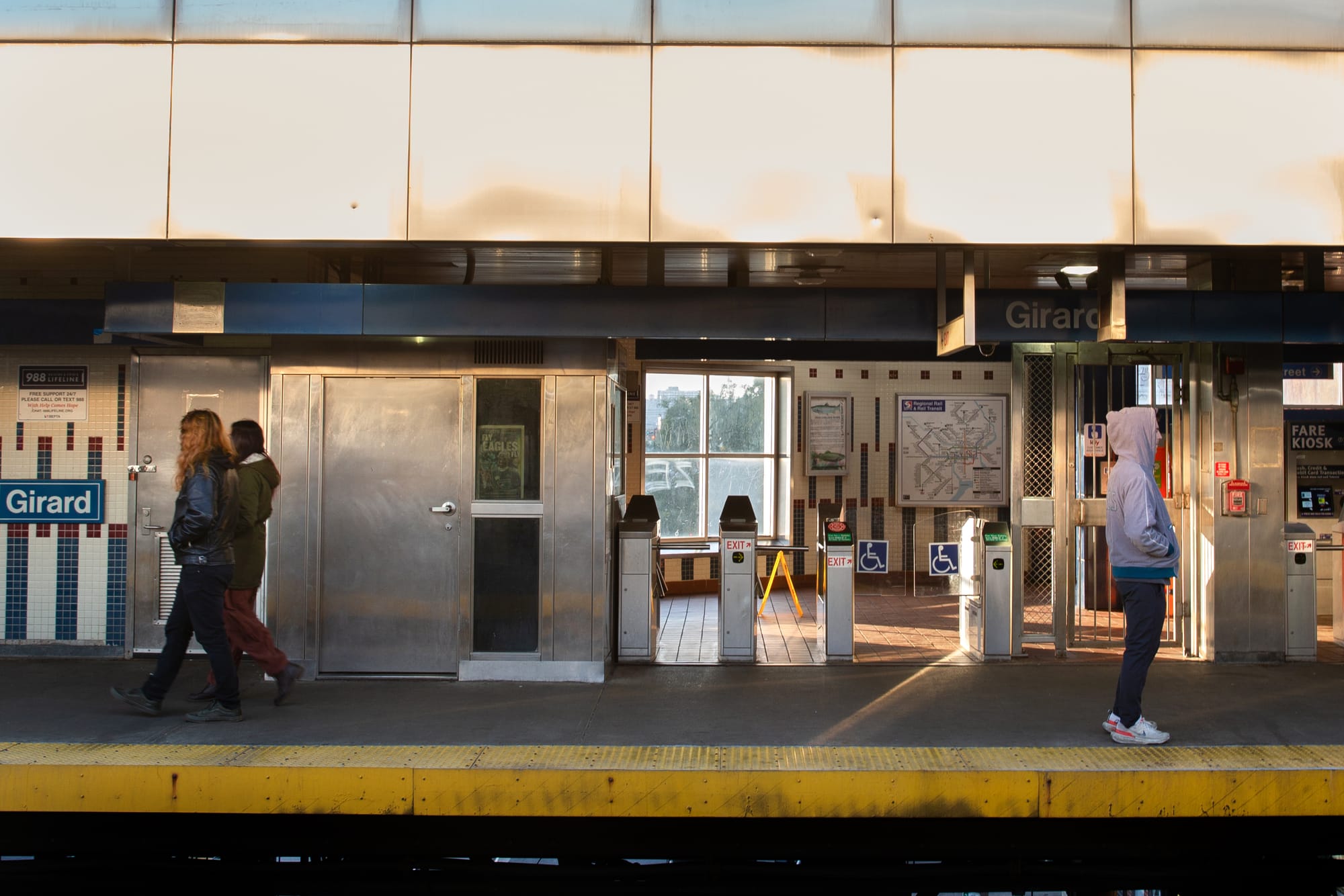Trump’s AI Billions Are Flowing to Pittsburgh. Why Is Philly Getting Left Behind?
AI investments favor Pittsburgh, leaving Philly behind; locals wonder how tech could create union jobs, apprenticeships, and digital equity.

President Trump stood onstage at Carnegie Mellon University, flanked by tech executives, fossil fuel CEOs, and Republican leaders, and declared that the future of artificial intelligence would be “designed, built, and made” in Pennsylvania. But for all the talk of national renewal, economic rebirth, and cutting-edge innovation, one thing was missing: Philadelphia.
More than $90 billion in AI-related infrastructure investments were announced at the summit; data centers, energy projects, and partnerships with Silicon Valley giants like Google and Amazon. These are the kinds of announcements that define regional futures.
Yet nearly every dollar is headed west, to the natural gas fields and tech campuses of Pittsburgh and Lancaster. Philadelphia, the state’s economic engine and its most populous, diverse, and globally connected city, was not mentioned once.
In the race to build the physical and economic foundations of AI in America, entire cities will be transformed or left behind. The data centers being proposed require staggering amounts of electricity and land. The companies building them will reshape labor markets, energy grids, and tax bases.
If Philadelphia isn’t at the table now, it may find itself boxed out of the next generation of economic growth.
The irony is that Philadelphia should be central to this story. It is home to some of the nation’s leading research universities, including Penn and Drexel. Its health systems are among the largest employers in the region. Its workforce is young, diverse, and increasingly tech-literate.
In recent years, the city has made real progress in cultivating a growing startup ecosystem, especially in the fields of biotech and digital health. Philadelphia is not a city on the decline, it’s a city on the cusp. So why is it being sidelined?
Part of the answer lies in the state’s political geography. The Trump administration, working closely with Senator David McCormick, has cast its economic vision around Pittsburgh’s shale gas boom.
It’s not hard to see why. Western Pennsylvania offers the kind of energy infrastructure—cheap, abundant natural gas—that data centers crave. And the politics work too: McCormick is a rising Republican star, and Pittsburgh is friendlier terrain for a Republican president looking to trumpet investment victories in battleground states.
But another part of the answer is that Philadelphia hasn’t asserted itself in this conversation. The city’s political leadership has been largely absent from the broader debate over how Pennsylvania fits into the national AI strategy.
There has been no high-profile AI summit hosted in Philadelphia, no clear coordination between city government, higher education, and the private sector to pitch Philly as a future AI hub. While Pittsburgh was laying the groundwork for major private equity and federal partnerships, Philadelphia was missing in action.
Philadelphia’s economic story is deeply shaped by its people. Unlike Silicon Valley or Austin, Philadelphia’s workforce is overwhelmingly working class. It is more Black, more Latino, more unionized. Many of its neighborhoods are still recovering from decades of disinvestment and systemic exclusion.
The tech sector has often treated communities like these as an afterthought, if not an obstacle. Even now, the rhetoric around AI tends to conjure images of elite researchers, billion-dollar server farms, and abstract competition with China, not the needs of a city where one in five residents lives below the poverty line.
Yet it’s precisely this kind of city that needs to be part of the AI future. A truly inclusive vision of technological growth wouldn’t just ask where to put the next data center, it would ask who that data center is for. What would it mean for AI infrastructure to be designed around the needs of a working-class city like Philadelphia? What would it look like for new investments to create union jobs, support apprenticeships, power affordable housing, and expand internet access in communities long left on the wrong side of the digital divide?
Philadelphia’s civic institutions are capable of meeting this moment. But they need to act fast. There is a narrow window during which states and cities can stake their claim to the AI economy. The investments announced in Pittsburgh this month won’t be the last, but they do set a tone.
If Philadelphia does not build its own coalition, craft its own narrative, and demand a seat at the table, it may find that the future of tech has already been written in someone else’s font.
There are signs of hope. The city’s universities are already producing research and training on the social implications of AI, including surveillance, bias, and automation. But none of these efforts will matter unless they are brought together with the kind of urgency and ambition that defines national policy.
Philadelphia doesn’t just deserve to be part of the AI conversation, it is necessary to it. If the United States is to build a tech economy that reflects the values of a democratic society, it cannot ignore the cities where democracy has always been hardest fought and most deeply felt.
Trump wants to frame the AI race as a matter of American strength, a new Cold War with China where victory is measured in chip production and energy capacity. But the real test will be whether that strength is shared, whether the fruits of this economic transformation reach beyond a narrow set of companies and regions.
The next Pennsylvania summit should not just feature executives and billionaires. It should include the voices of city tech leaders, investors, labor unions, and community leaders from North Philly to South Street. If we are going to build the future in Pennsylvania, let’s make sure it looks a little more like Philadelphia.

